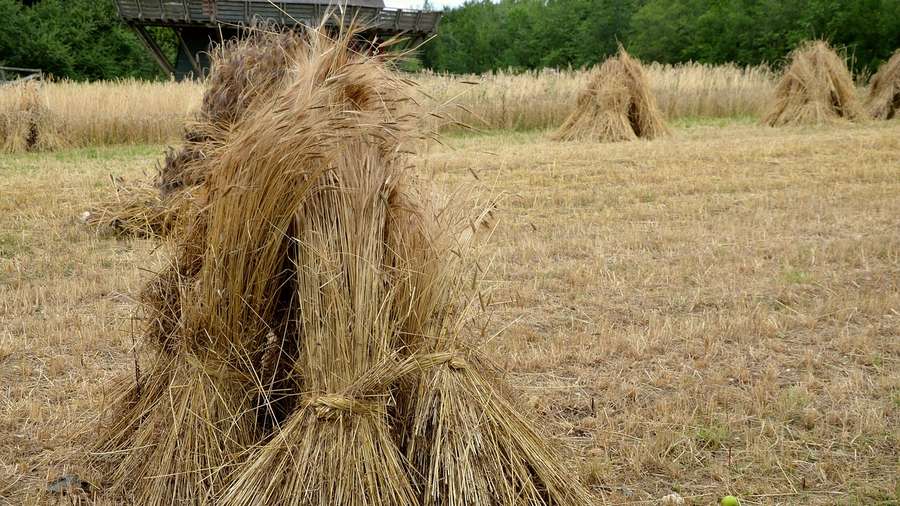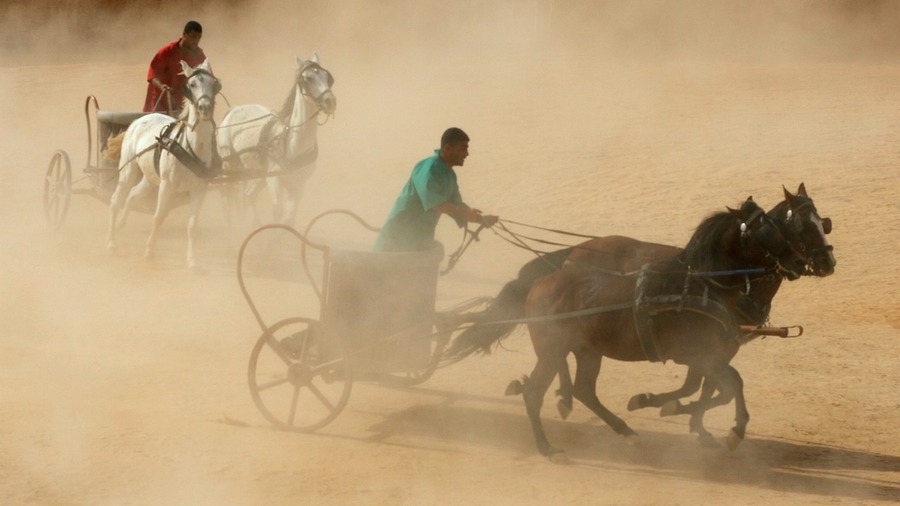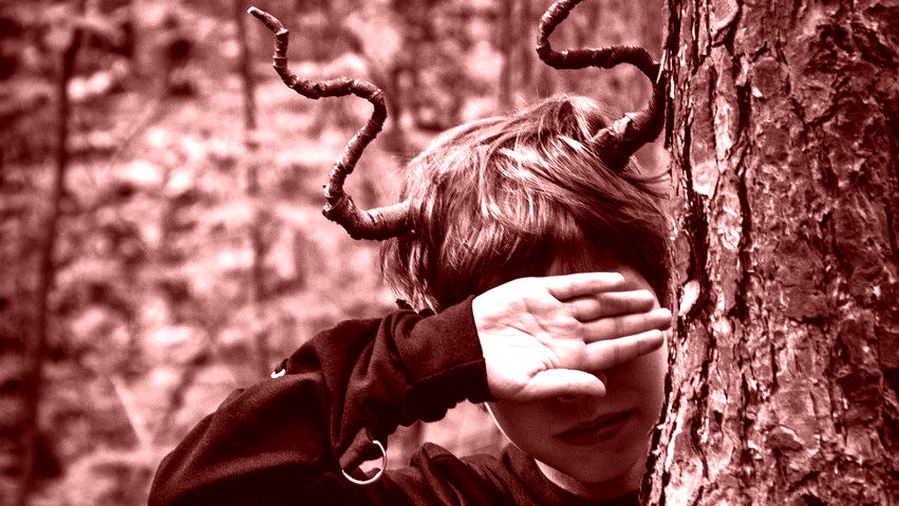[Note: This sutta appears to be a continuation from here.]
Then Mara the Evil One, having spoken these verses of disappointment in the presence of the Blessed One, went away from that spot and sat down cross-legged on the ground not far from the Blessed One, silent, dismayed, with his shoulders drooping, downcast, brooding, unable to speak, scratching the ground with a stick.
Then Mara’s daughters—Taṇha, Arati, and Raga—approached Mara the Evil One and addressed him in verse:
“Why are you despondent, father?
Who’s the man for whom you grieve?
We’ll catch him with the snare of lust
As they catch the forest elephant.
We’ll bind him tightly and bring him back,
And he’ll be under your control.”
Mara:
“The Arahant, the Fortunate One in the world,
Is not easily drawn by means of lust.
He has gone beyond Mara’s realm:
Therefore I sorrow so bitterly.”
Then Mara’s daughters—Taṇha, Arati, and Raga—approached the Blessed One and said to him: “We serve at your feet, ascetic.” But the Blessed One paid no attention, as he was liberated in the unsurpassed extinction of acquisitions.
Then Mara’s daughters—Taṇha, Arati, and Raga—went off to the side and took counsel: “Men’s tastes are diverse. Suppose we each manifest ourselves in the form of a hundred maidens.” Then Mara’s three daughters, each manifesting herself in the form of a hundred maidens, approached the Blessed One and said to him: “We serve at your feet, ascetic.” But the Blessed One paid no attention, as he was liberated in the unsurpassed extinction of acquisitions.
Then Mara’s daughters went off to the side and again took counsel: “Men’s tastes are diverse. Suppose we each manifest ourselves in the form of a hundred women who have never given birth.” Then Mara’s three daughters, each manifesting herself in the form of a hundred women who have never given birth … in the form of a hundred women who have given birth once … … in the form of a hundred women who have given birth twice … in the form of a hundred women of middle age … in the form of a hundred old women, approached the Blessed One and said to him: “We serve at your feet, ascetic.” But the Blessed One paid no attention, as he was liberated in the unsurpassed extinction of acquisitions.
Then Mara’s daughters—Taṇha, Arati, and Raga—went off to the side and said: “What our father told us is true:
“‘The Arahant, the Fortunate One in the world …
Therefore I sorrow so bitterly.’
“If we had assailed with such tactics any ascetic or brahmin who was not devoid of lust, either his heart would have burst, or he would have vomited hot blood from his mouth, or he would have gone mad or become mentally deranged; or else he would have dried up and withered away and become shrivelled, just as a green reed that has been mowed down would dry up and wither away and become shrivelled.”
Then Mara’s daughters—Taṇha, Arati, and Raga—approached the Blessed One and stood to one side. Standing to one side, Mara’s daughter Taṇha addressed the Blessed One in verse:
“Is it because you are sunk in sorrow
That you meditate in the woods?
Because you’ve lost wealth or pine for it,
Or committed some crime in the village?
Why don’t you make friends with people?
Why don’t you form any intimate ties?”
The Blessed One:
“Having conquered the army of the pleasant and agreeable,
Meditating alone, I discovered bliss,
The attainment of the goal, the peace of the heart.
Therefore I don’t make friends with people,
Nor will I form any intimate ties.”
Then Mara’s daughter Arati addressed the Blessed One in verse:
“How does a bhikkhu here often dwell
That, five floods crossed, he here has crossed the sixth?
How does he meditate so sensual perceptions
Are kept at bay and fail to grip him?”
The Blessed One:
“Tranquil in body, in mind well liberated,
Not generating, mindful, homeless,
Knowing Dhamma, meditating thought-free,
He does not erupt, or drift, or stiffen.“When a bhikkhu here often dwells thus,
With five floods crossed, he here has crossed the sixth.
When he meditates thus, sensual perceptions
Are kept at bay and fail to grip him.”
Then Mara’s daughter Raga addressed the Blessed One in verse:
“He has cut off craving, faring with his group and order;
Surely many other beings will cross.
Alas, this homeless one will snatch many people
And lead them away beyond the King of Death.”
The Blessed One:
“Truly the Tathagatas, the great heroes,
Lead by means of the true Dhamma.
When they are leading by means of the Dhamma,
What envy can there be in those who understand?”
Then Mara’s daughters—Taṇha, Arati, and Raga—approached Mara the Evil One. Mara saw them coming in the distance and addressed them in verses:
“Fools! You tried to batter a mountain
With the stalks of lotus flowers,
To dig up a mountain with your nails,
To chew iron with your teeth.“As if, having lifted a rock with your head,
You sought a foothold in the abyss;
As if you struck a stump with your breast,
You part from Gotama disappointed.”They had come to him glittering with beauty—
Taṇha, Arati, and Raga—
But the Teacher swept them away right there
As the wind, a fallen cotton tuft.
Read this translation of Saṁyutta Nikāya 4.25 Māradhītusutta: Mara’s Daughters by Bhikkhu Bodhi on SuttaCentral.net. Or read a different translation on SuttaCentral.net or DhammaTalks.org. Or listen on PaliAudio.com or SC-Voice.net. Or explore the Pali on DigitalPaliReader.online.
Or read a translation in Deutsch, বাংলা, Català, Español, Bahasa Indonesia, Italiano, 日本語, မြန်မာဘာသာ, Norsk, Português, Русский, සිංහල, ไทย, Tiếng Việt, or 汉语. Learn how to find your language.































